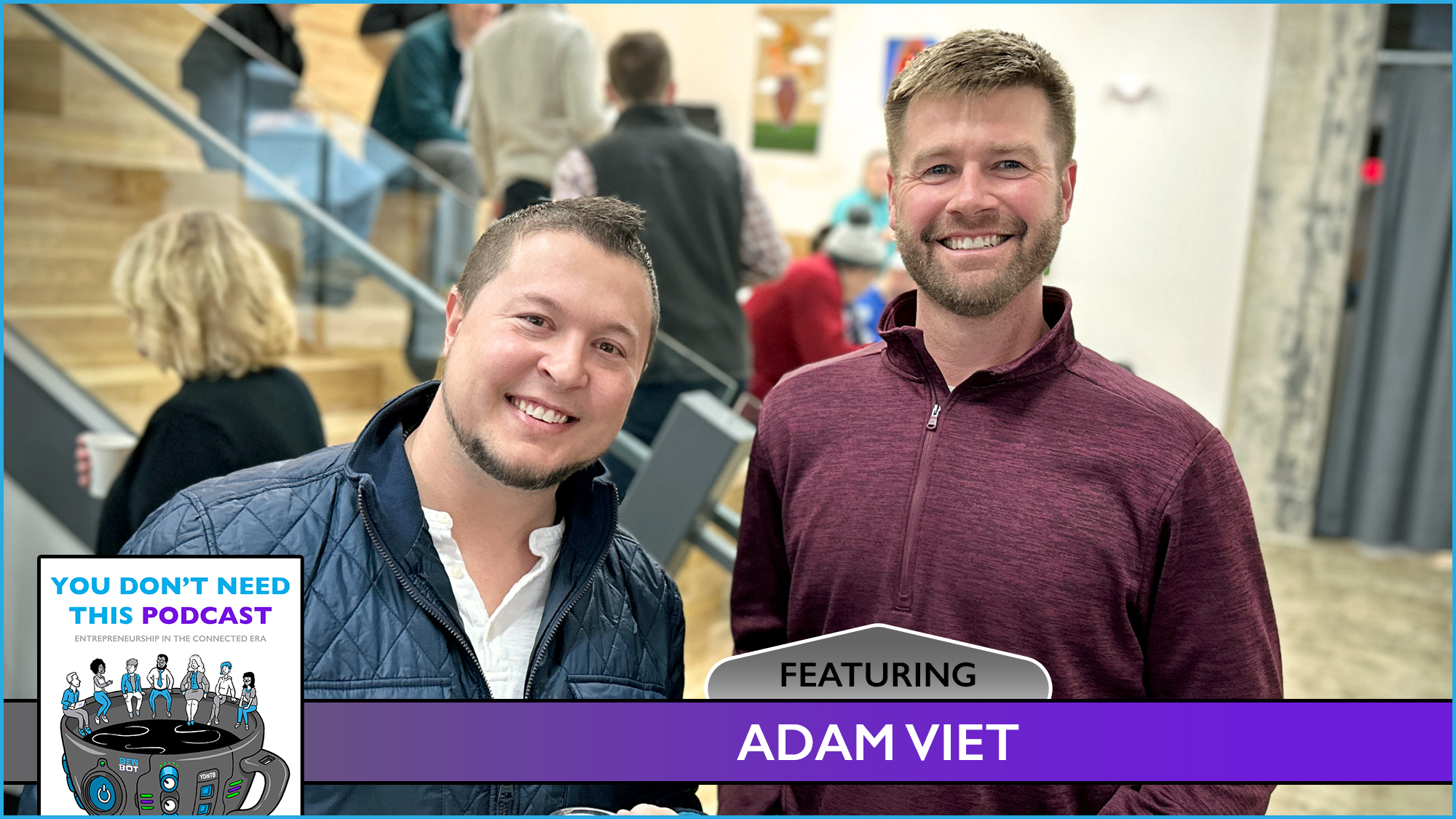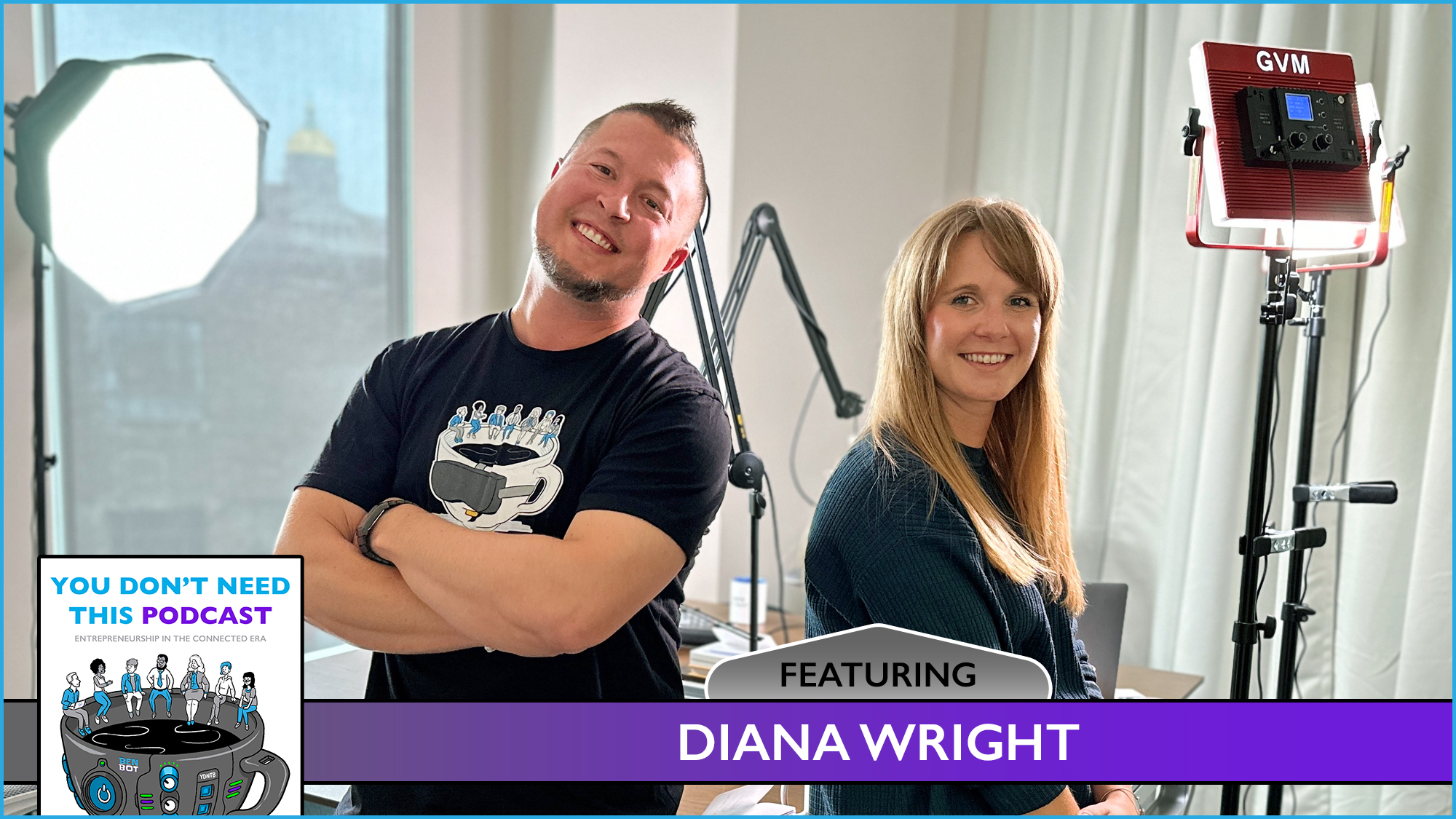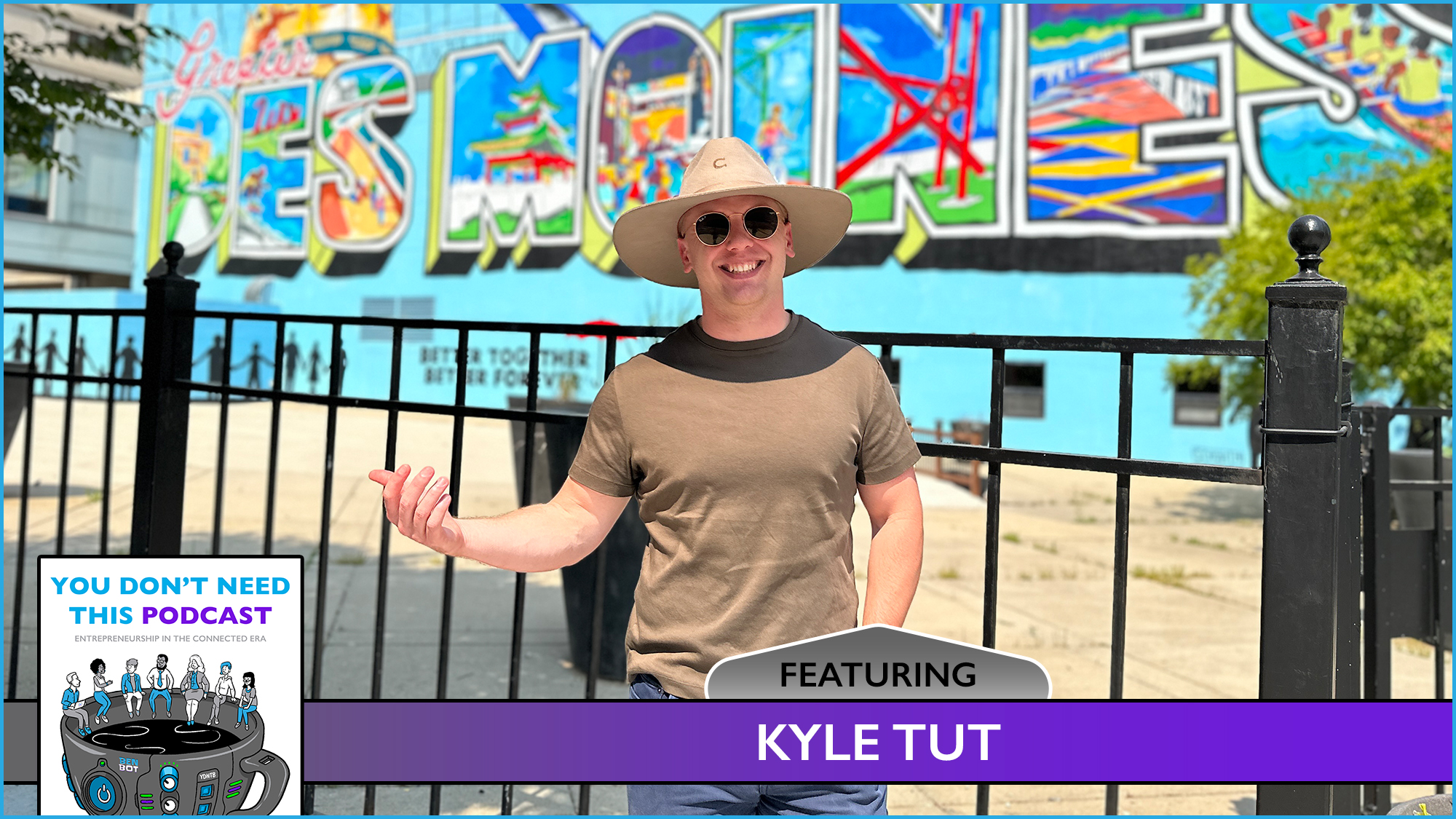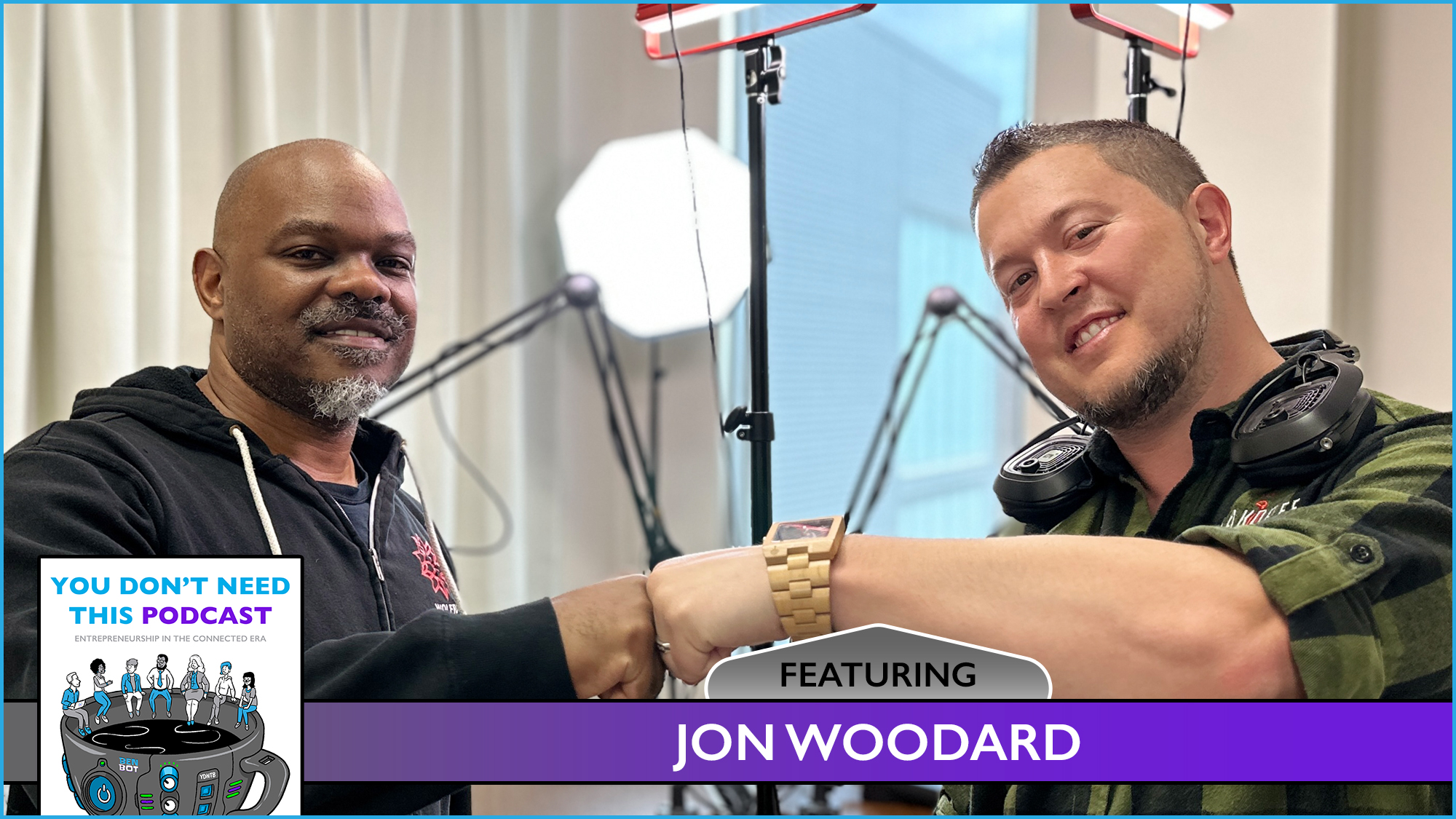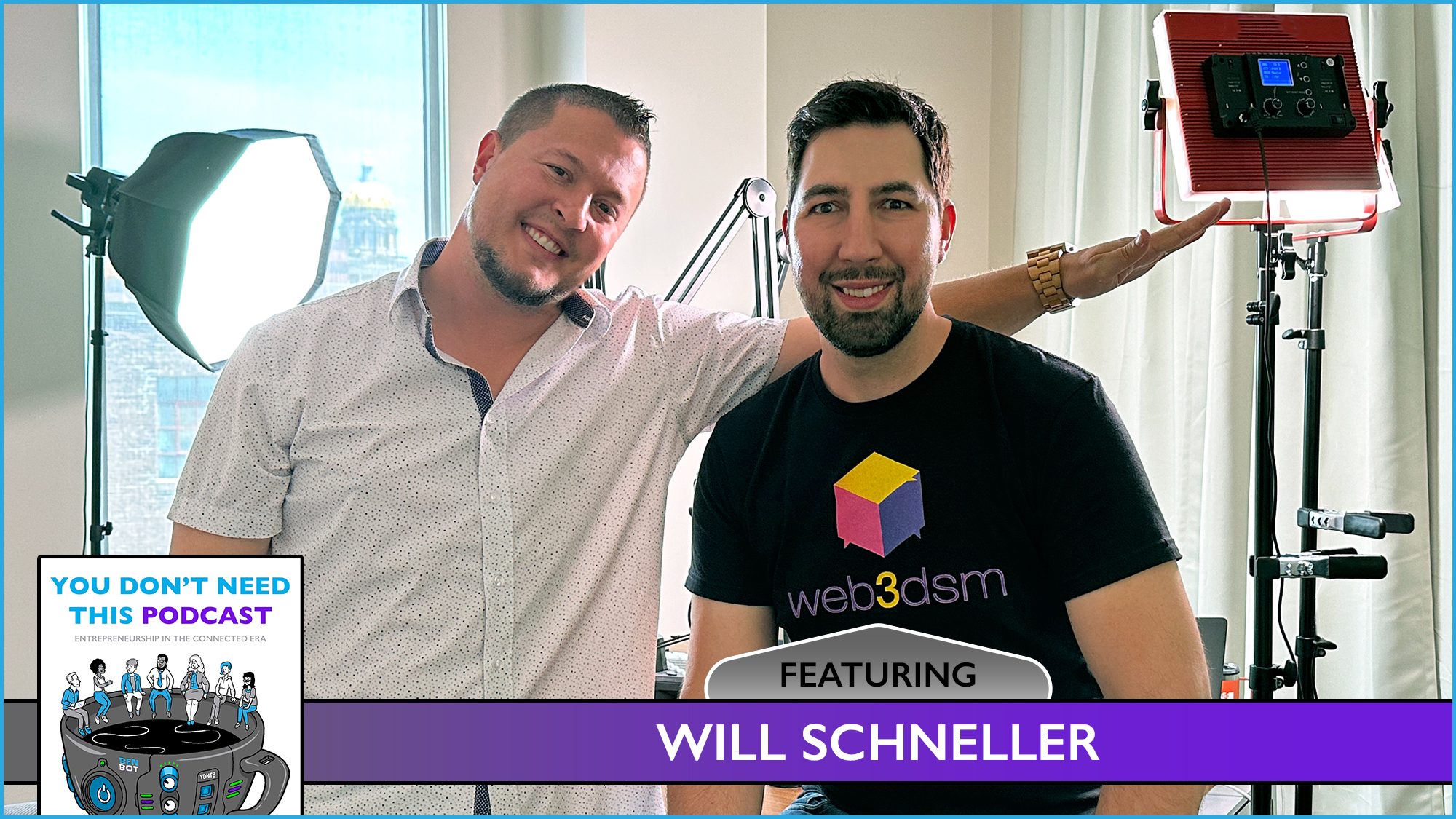
Will Schneller explores the intersection of design, technology, and entrepreneurship. After an epic opening moment on the mic, Ben and Will talk about building within education, signals to consider if/when/what to quit, wallets in web3, zero knowledge proofs, and provenance.
After the break, Will expands on what he wrote in Non-Fungible Fabric, by talking through the endless depth that NFTs deliver. We take a pit stop to discuss the unmatched energy of accelerating others, the connections we’ve unlocked through the Roasted Reflections NFT Collection, and finish by adding a zero to whatever you’re building.
